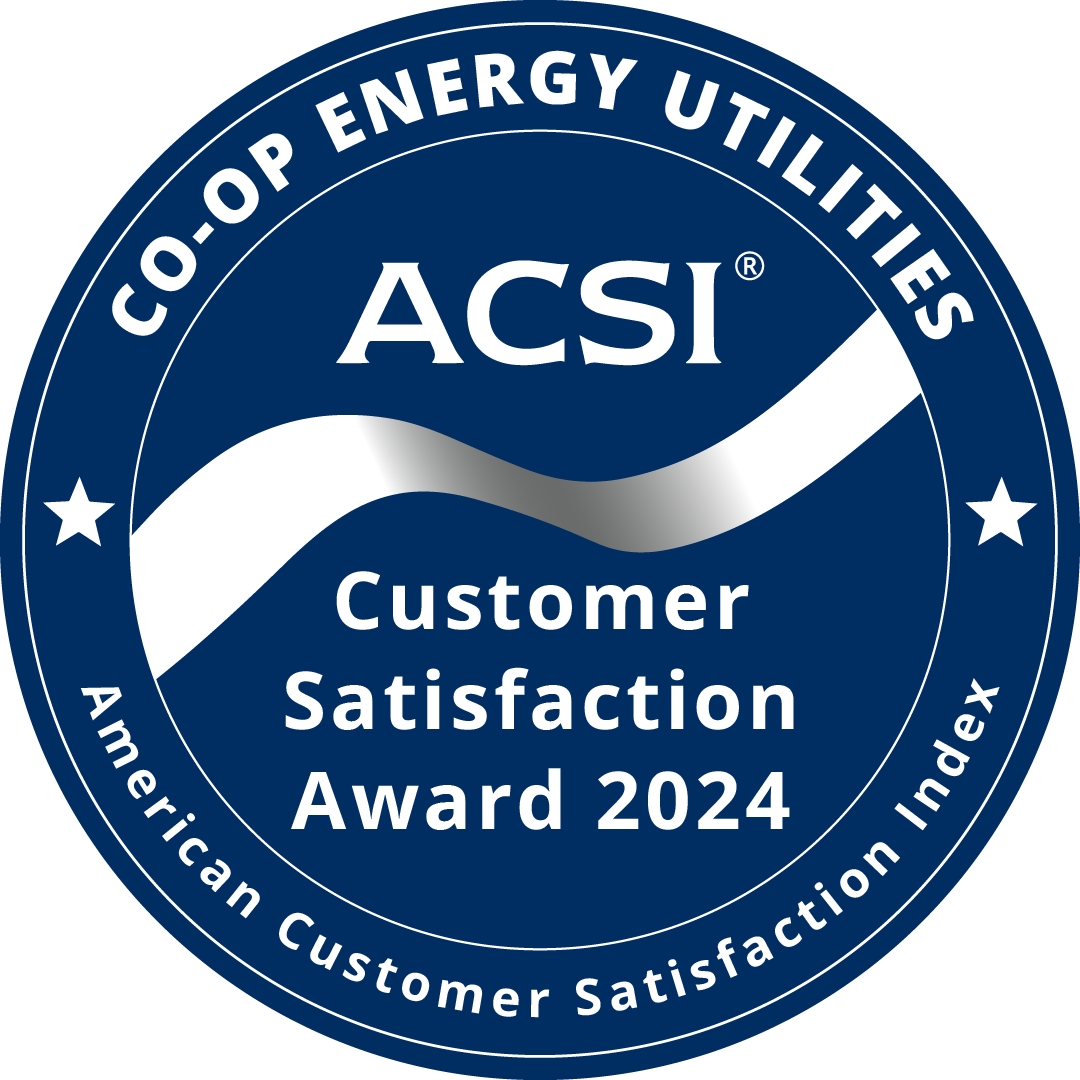Overhead Dangers
Never touch a wire or allow anything you're holding to touch one. Things like ladders, antennas, sailboat masts, kites, balloons and fishing poles can offer electric current a direct path to the ground. Don't climb trees near power lines and be especially careful to stay clear of power lines when working on a roof.
Equipment Dangers from Overhead Lines
Construction equipment such as cranes, backhoes, and boom trucks can create an effective path to the ground for electricity if the equipment comes into contact with overhead power lines. This type of equipment should not be used closer than 10 feet of a power line. Farm implements like grain augers and harvesting equipment carry special risks. If you're involved with moving large metal objects, make sure they don't come within 10 feet of a power line. Aluminum irrigation systems are a similar hazard. Even though such equipment is on rubber tires, if it touches a line and you touch it, your body becomes a path to the ground.
Downed Wire Dangers
If a downed line falls on your vehicle while you're inside, drive out from under it. If you can't drive away, don't get out of the car. Stay put until help arrives! When electricity is flowing into the ground from a downed line, the earth around it is energized in a pattern of concentric circles of different voltage levels. If you walk over those circles, your body can become the shortest path between the differing voltages. Therefore, if you must get out of the vehicle, jump clear of the vehicle without touching it and the ground at the same time, land with both feet together, and hop with both feet together away from the area.
Distribution Equipment
These green metal boxes house the transformers for underground electric service. They are securely locked for your protection. If one is damaged, call us immediately. And please don't dig around them to install landscaping.
Substations
Substations contain higher voltages and are always protected by fences and locks. Never try to go inside the fence. If you need to retrieve something, like a ball or a pet, call us. We'll come and get it for you.
Safety Brochures
Electrical safety indoors and outside the home is important to everybody. Learn more about what you can do to keep you and your family safe around electricity by calling our Member Services Department at 770-385-2875.
High Voltage Safety Act In Georgia
The High Voltage Safety Act is designed to prevent injury to people or property and interruptions in electric service due to accidental contact with high voltage lines. The High Voltage Safety Act requires anyone who needs to work within 10 feet of an overhead power line to call the Utilities Protection Center at least 72 hours before work begins so that utilities may take safety precautions.
Call Before You Dig
The Call Before You Dig law requires anyone digging in the ground to call the Utilities Protection Center at least 72 hours before digging so that underground utilities may be located and marked. Call 1-800-282-7411, or in Atlanta call 770-622-4344. Visit site: www.call811.com
Tornado Tips
The National Oceanic and Atmosphere Administration (NOAA) provides a wealth of information on tornados and tornado safety procedures. Visit site: www.spc.noaa.gov/faq/tornado/
Portable Electric Generator Safety Tips
Portable electric generators offer great benefits when outages affect your home. Below are guidelines for safely connecting and operating portable generators.
Don't connect your generator directly to your home's wiring.
Connecting a portable electric generator directly to your household wiring can be deadly to you and others. A generator that is directly connected to your home's wiring can "back feed" onto the power lines connected to your home.
Utility transformers can then "step up" or increase this back feed to thousands of volts--enough to kill a utility lineman making outage repairs a long way from your house. You could also cause expensive damage to utility equipment and your generator.
The only safe way to connect a portable electric generator to your existing wiring is to have a licensed electrical contractor install a transfer switch. The transfer switch transfers power from the utility power lines to the power coming from your generator.
Never plug a portable electric generator into a regular household outlet.
Plugging a generator into a regular household outlet can energize "dead" power lines and injure neighbors or utility workers. Connect individual appliances that have their outdoor-rated power cords directly to the receptacle outlet of the generator, or connect these cord-connected appliances to the generator with the appropriate outdoor-rated power cord having a sufficient wire gauge to handle the electrical load.
Don't overload the generator.
Do not operate more appliances and equipment than the output rating of the generator. Overloading your generator can seriously damage your valuable appliances and electronics. Prioritize your needs. A portable electric generator should be used only when necessary, and only to power essential equipment.
Never use a generator indoors or in an attached garage.
Just like your automobile, a portable generator uses an internal combustion engine that emits deadly carbon monoxide. Be sure to place the generator where exhaust fumes will not enter the house. Only operate it outdoors in a well-ventilated, dry area, away from air intakes to the home, and protected from direct exposure to rain and snow, preferably under a canopy, open shed or carport.
Use the proper power cords.
Plug individual appliances into the generator using heavy-duty, outdoor-rated cords with a wire gauge adequate for the appliance load. Overloaded cords can cause fires or equipment damage. Don't use extension cords with exposed wires or worn shielding. Make sure the cords from the generator don't present a tripping hazard. Don't run cords under rugs where heat might build up or cord damage may go unnoticed.
Read and adhere to the manufacturer's instructions for safe operation.
Don't cut corners when it comes to safety. Carefully read and observe all instructions in your portable electric generator's owner manual.
To prevent electrical shock, make sure your generator is properly grounded.
Consult your manufacturer's manual for correct grounding procedures.
Do not store fuel indoors or try to refuel a generator while it's running.
Gasoline (and other flammable liquids) should be stored outside of living areas in properly labeled, non-glass safety containers. They should not be stored in a garage if a fuel-burning appliance is in the garage. The vapor from gasoline can travel invisibly along the ground and be ignited by pilot lights or electric arcs caused by turning on the lights. Avoid spilling fuel on hot components. Put out all flames or cigarettes when handling gasoline. Always have a fully charged, approved fire extinguisher located near the generator. Never attempt to refuel a portable generator while it's running.
Turn off all equipment powered by the generator before shutting down your generator.
Avoid getting burned.
Many generator parts are hot enough to burn you during operation.
Keep children away from portable electric generators at all times.

